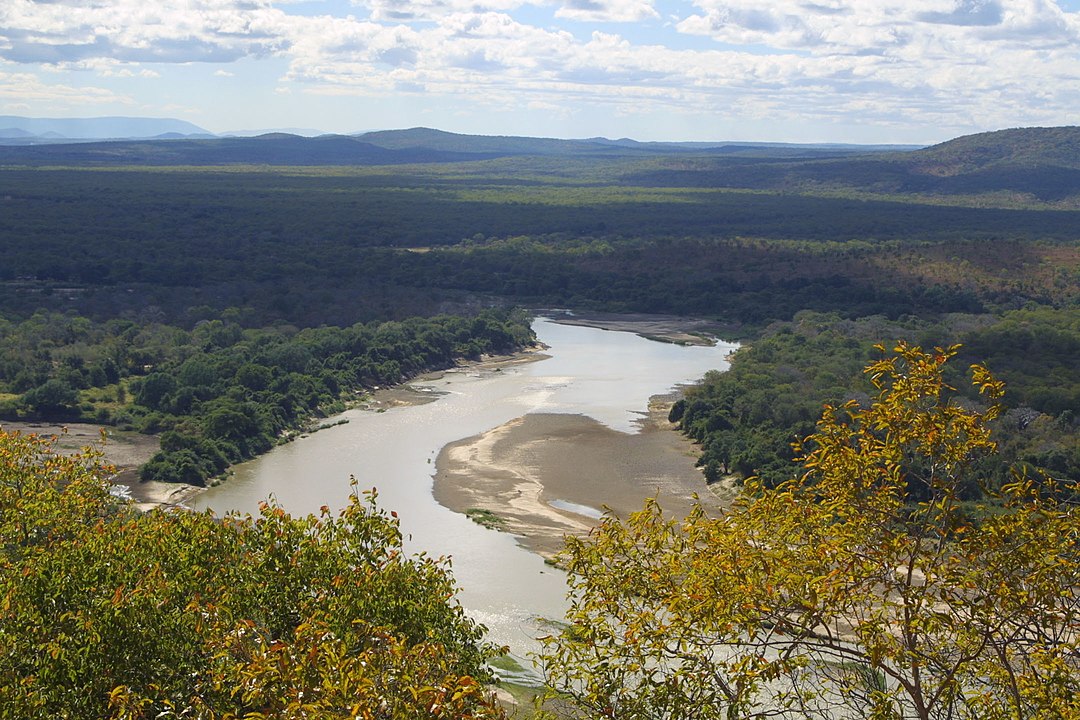Luangwa River

As the lifeblood of Zambia’s landscape, the Luangwa River flows through the heart of the African wilderness, carrying with it a rich tapestry of cultural heritage and tradition. For centuries, indigenous tribes and communities have relied on its waters for sustenance, spiritual nourishment, and social cohesion, shaping their way of life and identity. Join me on a journey of discovery as we unravel the cultural importance of the Luangwa and explore the profound connections that bind Zambia’s people to this majestic waterway.
The Luangwa River: A Sacred Lifeline
Before we delve into the cultural significance of the Luangwa River, let us first acquaint ourselves with this natural wonder. Originating from the Mafinga Hills in northeastern Zambia, the Luangwa is one of the major tributaries of the Zambezi River, earning its place as one of the four largest rivers in the country. Its meandering waters sustain a diverse array of flora and fauna, supporting ecosystems that are vital to both human and wildlife populations.
However, beyond its ecological importance, the Luangwa holds a special place in the hearts and minds of Zambia’s people, serving as a sacred lifeline that nourishes their cultural heritage and collective identity.
Exploring the Cultural Importance of the Luangwa:
Spiritual Significance:
- For many indigenous tribes and communities, the Luangwa River is more than just a source of water; it is a spiritual entity that embodies the essence of life itself. Rituals and ceremonies are often conducted along its banks, seeking blessings from ancestral spirits and deities to ensure bountiful harvests, successful hunts, and protection from harm.
Cultural Traditions:
- The Luangwa River plays a central role in the cultural traditions and customs of Zambia’s diverse ethnic groups. From fishing festivals to traditional dances, many rituals and celebrations are centered around the river, bringing communities together to celebrate their shared heritage and values.
Economic Livelihoods:
- Beyond its spiritual and cultural significance, the Luangwa River sustains the livelihoods of thousands of people through fishing, agriculture, and tourism. Fishing communities rely on its waters for sustenance and income, while farmers cultivate fertile lands along its banks to grow crops such as maize, rice, and vegetables. Additionally, the river attracts tourists from around the world, who come to experience its natural beauty and abundant wildlife, contributing to the local economy.
Oral Histories and Folklore:
- Throughout history, the Luangwa River has been the subject of countless oral histories, myths, and legends passed down through generations. Tales of brave warriors, mythical creatures, and ancient civilizations echo along its banks, weaving a narrative of resilience, adaptability, and cultural pride.
Preserving and Celebrating Cultural Heritage:
As we reflect on the cultural importance of the Luangwa River, it is essential to recognize the importance of preserving and celebrating this heritage for future generations. Efforts to safeguard the river’s ecosystem, promote sustainable development, and empower local communities are essential to ensuring that its cultural significance endures for centuries to come.
Through education, conservation, and cultural exchange, we can honor the legacy of the Luangwa and cultivate a deeper appreciation for the diverse cultures and traditions that call Zambia’s landscape home.
Conclusion:
As we conclude our exploration of why the Luangwa River is culturally important, we are reminded of the intricate relationship between humans and nature that has flourished along its banks for centuries. From ancient traditions to modern-day conservation efforts, the river continues to shape the cultural identity and collective consciousness of Zambia’s people, serving as a symbol of resilience, reverence, and renewal.
As stewards of this cultural heritage, it is our responsibility to honor and protect the legacy of the Luangwa for future generations. By embracing the values of cultural diversity, environmental sustainability, and community empowerment, we can ensure that the cultural significance of the Luangwa endures as a source of inspiration and pride for all who cherish its waters.
Know More about the Luangwa River.
What are The Religious Places of the Luangwa River?
When Did The Luangwa River Basin Become a Focus?
Where is The Luangwa River Located?
Who Were The Key Historical Figures and Civilizations of The Luangwa River?
How to Reach Luangwa River?




